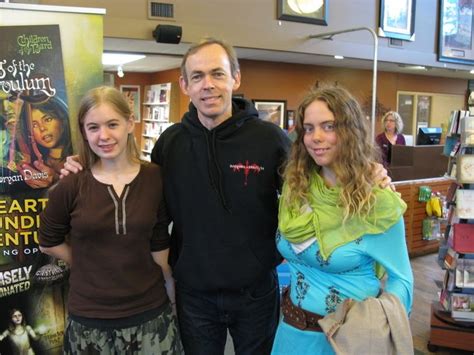A Quote by John Keats
O Solitude! If I must with thee dwell, Let it not be among the jumbled heap of murky buildings
Related Quotes
O Solitude! if I must with thee dwell, Let it not be among the jumbled heap Of murky buildings: climb with me the steep,-- Nature's observatory--whence the dell, In flowery slopes, its river's crystal swell, May seem a span; let me thy vigils keep 'Mongst boughs pavilion'd, where the deer's swift leap Startles the wild bee from the foxglove bell.
Thy soul shall find itself alone ’Mid dark thoughts of the gray tombstone— Not one, of all the crowd, to pry Into thine hour of secrecy. Be silent in that solitude, Which is not loneliness—for then The spirits of the dead who stood In life before thee are again In death around thee—and their will Shall overshadow thee: be still. [...]
Ecclesiastes names thee Almighty, the Maccabees name thee Creator, the Epistle to the Ephesians names thee Liberty, Baruch names thee Immensity, the Psalms name thee Wisdom and Truth, John names thee Light, the Book of Kings names thee Lord, Exodus names thee Providence, Leviticus Sanctity, Esdras Justice, creation names thee God, man names thee Father; but Solomon names thee Compassion, which is the most beautiful of all thy names.
To get rich, one must have but a single idea, one fixed, hard, immutable thought: the desire to make a heap of gold. And in order to increase this heap of gold, one must be inflexible, a usurer, thief, extortionist, and murderer! And one must especially mistreat the small and the weak! And when this mountain of gold has been amassed, one can climb up on it, and from up on the summit, a smile on one's lips, one can contemplate the valley of poor wretches that one has created.
We are with Europe, but not of it. We are linked, but not comprised. We are interested and associated, but not absorbed. And should European statesmen address us in the words which were used of old — “Shall I speak for thee to the King or the Captain of the host?” — we should reply with the Shunamite woman: “Nay, Sir, for we dwell among our own people.”
Why dost thou heap up wealth, which thou must quit,
Or what is worse, be left by it?
Why dost thou load thyself when thou 'rt to fly,
Oh, man! ordain'd to die?
Why dost thou build up stately rooms on high,
Thou who art under ground to lie?
Thou sow'st and plantest, but no fruit must see,
For death, alas! is reaping thee.





































